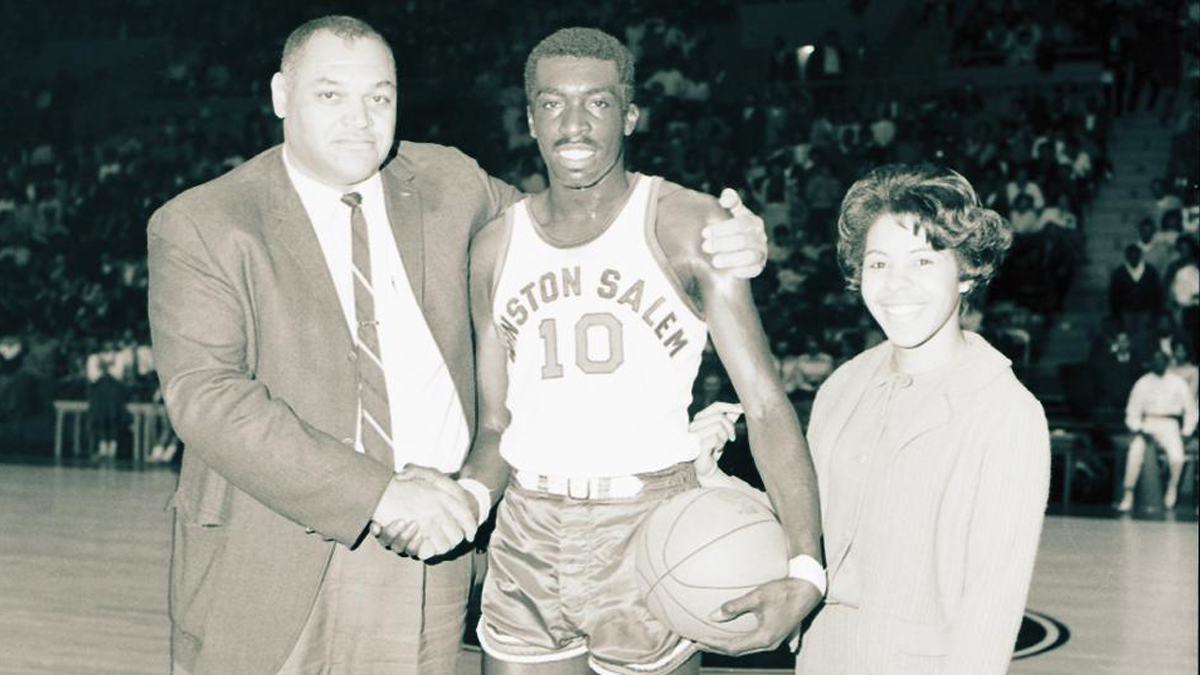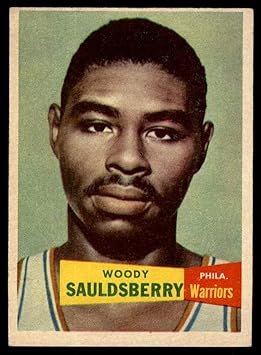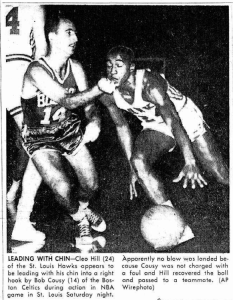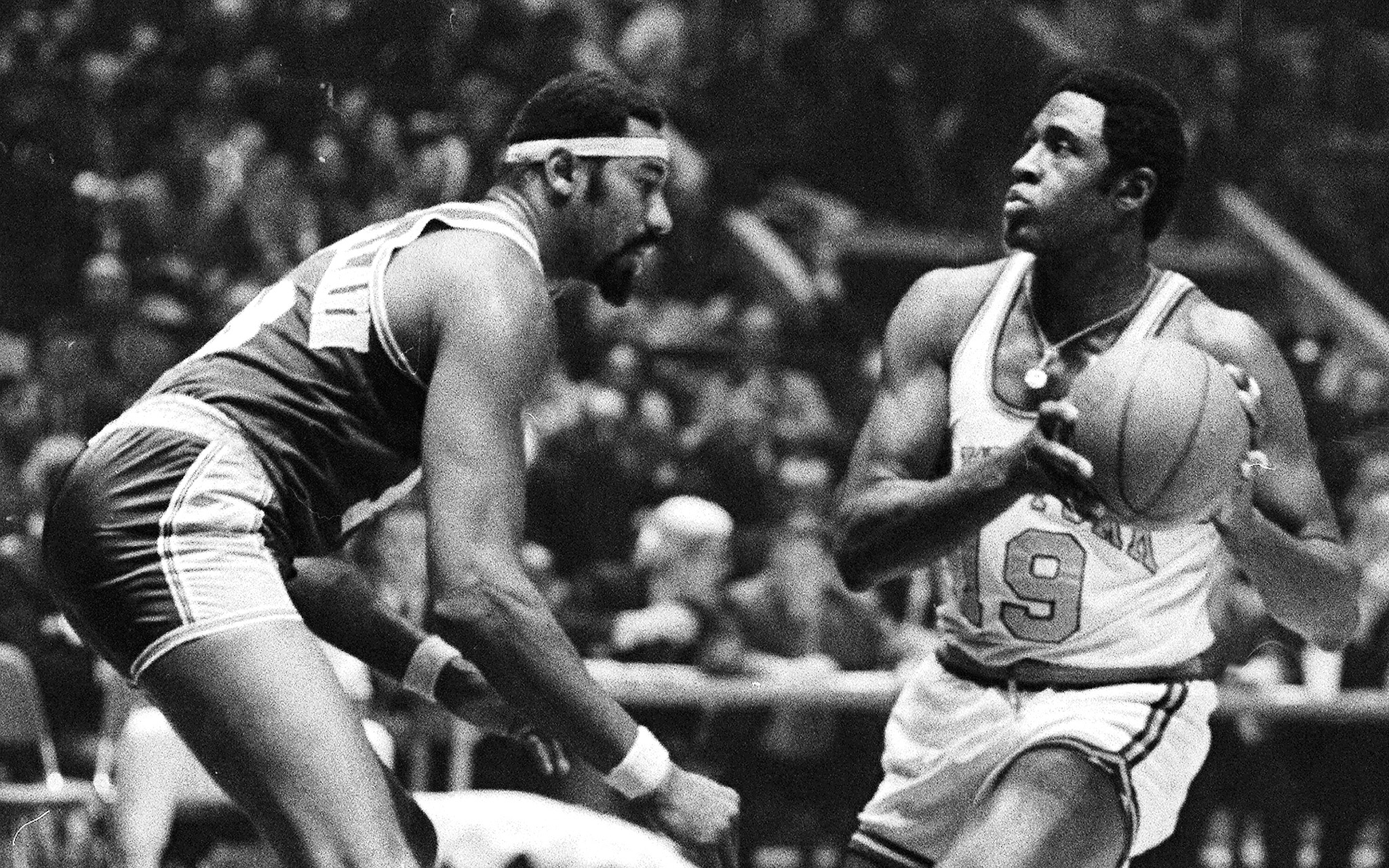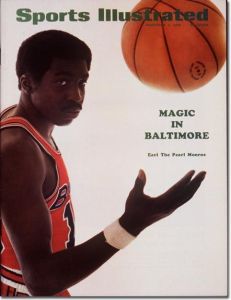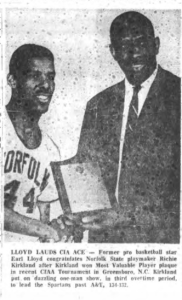1950
Earl Lloyd, West Virginia State
9th round, 100th pick by Washington Capitols
This former CIAA star was the first black man to play in the NBA.
1956
Sam Jones, North Carolina College
7th round, 58th overall by Minneapolis Lakers
Jones was selected in the NBA Draft by the Lakers, but he returned to college to complete his degree after his military service, voiding the Lakers’ pick and allowing…
1957
Sam Jones, North Carolina College
1st round, 8th overall by Boston Celtics
Red Auerbach drafted Jones without seeing him play. It worked out pretty well as he won 10 NBA Championships during his Hall of Fame career.
Woody Sauldsberry, Texas Southern
8th round, 60th overall by the Philadelphia Warriors
After being selected in the eighth round of the NBA Draft, Sauldsberry would go on to win Rookie of the Year and become the first HBCU alum to play in the NBA All-Star Game.
1958
 |
| (Boston.com photo) |
Bennie Swain, Texas Southern
1st round, 8th overall by Boston Celtics
1959
Dick Barnett, Tennessee State
1st round, 4th overall by Syracuse Nationals
After leading Tennessee State to three consecutive NAIA titles, Fallback Barnett embarked on a decade-plus career as a clutch scorer, most famously with the Knicks of the early 1970s.
1960
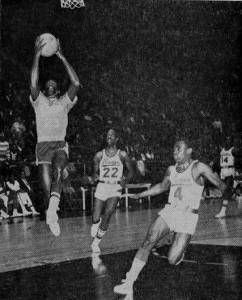 |
| (Source: A&T Register) |
Al Attles, North Carolina A&T
5th round, 39th overall by Philadelphia Warriors
The defensive ace is best remembered for being the second-leading scorer during Wilt Chaimberlain’s 100-point game and leading the 1974-75 Warriors to the NBA Title.
1961
Cleo Hill, Winston-Salem State
1st round, 8th overall by the St. Louis Hawks
The super-talented guard from Newark, New Jersey only played one season after being picked in the NBA Draft, and it had little to do with his game.
1962
Zelmo Beatty, Prairie View
1st round, 3rd overall by St. Louis Hawks
The talented big man was picked ahead of John Havliceck in the NBA Draft.
1964
Willis Reed, Grambling
2nd round, 8th by New York Knicks
Reed was the centerpiece of the late 60s, early 70s Knicks teams that are remembered fondly to this day. Was the NBA, All-Star and Finals MVP of 1970 and had arguably the greatest pro career of any player from the HBCU ranks.
1967
Earl Monroe, Winston-Salem State
1st round, 2nd overall by Washington Bullets
Selected after Jimmie Walker (Jalen Rose’s dad), Monroe remains the highest-picked player from a historically black college in the NBA Draft. He proved his 41.5 points per game average was no fluke by winning Rookie of The Year honors.
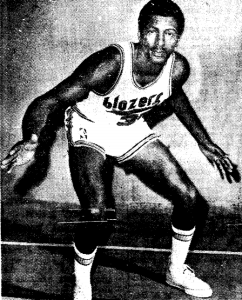 |
| (Source: Wikipedia) |
Ed Manning, Jackson State
8th round, 80th overall by Baltimore Bullets
You may not have heard of Ed Manning, but you’ve probably heard of his son, Danny. The former Kansas Jayhawk and long-time NBA veteran is now Wake Forest’s head coach.
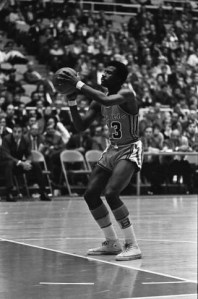 |
| (Source: Pinterest) |
Mike Davis, Virginia Union
1st round, 14th overall by Baltimore Bullets
Apparently, the Bullets were so thrilled with the high-scoring CIAA guard they got the year before, they drafted another one. Davis didn’t have the career that Monroe did, but he did well enough to make the All-Rookie team and was runner-up to some guy named Lew Alcindor for Rookie of The Year.
Bob Dandridge, Norfolk State
4th round, 45th overall by Milwaukee Bucks
Another CIAA star, Dandridge was a versatile big man on Norfolk State’s high-scoring late 1960s teams that routinely averaged over 100 points per game, without a three-point shot. Dandridge would become a four-time NBA All-Star while helping the 1971 Bucks and the 1978 Bullets to NBA titles. He averaged 18.5 points, 6.8 rebounds and 3.4 assists for his career.
| (Sourc: EBay) |
Wil Jones, Albany State
5th round, 69th overall by Los Angeles Lakers
Jones was the first of four brothers to play in the NBA, however, he started his career in the ABA with the Miami Floridians.
Richard “Pee Wee” Kirkland, Norfolk State
13th round, 172nd overall
Kirkland led Norfolk State to the 1968 CIAA Championship by scoring 17 points in three overtime periods to lead NSU to a 134-132 win over A&T. He chose not to report to the Bulls, however, picking the streets over the league. One of the biggest “what ifs” in basketball history.
1971
Elmore Smith, Kentucky State
1st round, 3rd overall by Buffalo Braves
Smith had a solid NBA career, averaging 13 points, 10 rebounds and 3 blocks per game. But he’s best known for being one of five players the Lakers sent to Milwaukee in exchange for Kareem Abdul-Jabbar.
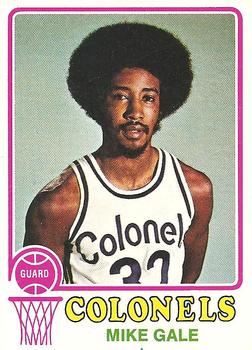 |
| (Source: Tradingcard.com) |
Mike Gale, Elizabeth City State
3rd round, 47th overall by Chicago Bulls
A contemporary of Monroe and Davis, Gale made his living as playmaker and a defender. He started out in the ABA with the Kentucky Colonels, New York Nets and San Antonio Spurs. After the merger, he played with the Trail Blazers and Warriors.
[inArticle]
1972
Travis Grant, Kentucky State
1st round, 13th overall by Los Angeles Lakers
Grant was a scoring machine at Kentucky State, scoring 4,045 points in four seasons. He never became a star in the pro game, but he did average 25 points per game with the San Diego Conquistadors in 1974-75.
Lloyd Neal, Tennessee State
3rd round, 31st overall by Portland Trail Blazers
The 6’7 center was a gritty player and was a complementary piece to the Blazers’ 1977 NBA Championship. His career was cut short by injuries.
1973
Caldwell Jones, Albany State
2nd round, 32nd overall by Philadelphia 76ers
The second of the Jones foursome to make it to the pros, Jones is best remembered as part of the trade that brought Moses Malone to Philadelphia, setting up the 1983 NBA title.
1974
Truck Robinson, Tennessee State
2nd round, 22nd overall by Washington Bullets
Robinson’s career started off slow in Washington, but took off when he was traded to the Hawks. He was selected to two NBA All-Star teams, and put up a ridiculous 22.7 points and 15.7 rebounds with the New Orleans Jazz in 1978.
Aaron James, Grambling State
2nd round, 28th overall by New Orleans Jazz
James had a short but solid NBA career, averaging 10 points and four rebounds per game in five seasons. He later coached and served as AD at his alma mater.
1975
Marvin Webster, Morgan State
1st round, 3rd overall by Atlanta Hawks
The MEAC’s first super star was considered a can’t-miss player when he was drafted by Atlanta. After starting his career in the ABA, he would be a key component of Seattle’s 1978 NBA Finals team before playing six seasons with the Knicks and finishing his career with the Bucks in 1987.
Eugene Short, Jackson State
1st round, 9th overall by New York Knicks
Short’s career was…well…short. He played just 34 NBA contests.
1976
Larry Wright, Grambling
1st round, 14th overall by Washington Bullets
The former SWAC Player of The Year was one of three HBCU alums, along with Dandridge and Joe Pace, on the 1978 NBA Champs. After leaving the NBA in 1980, he spent much of the decade playing overseas. He went on to coach at his alma mater from 1999 to 2008.
Joe Pace, Coppin State
2nd round, 31st overall by Washington Bullets
Pace played just two seasons in the NBA, but managed to win a ring with the 1978 Bullets.
[inArticle]
